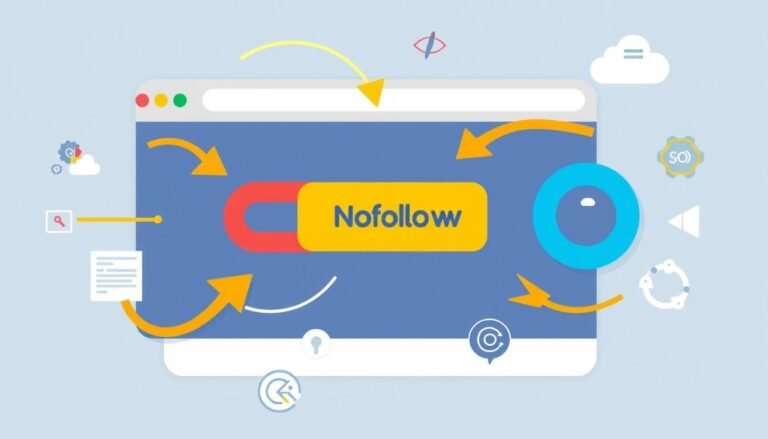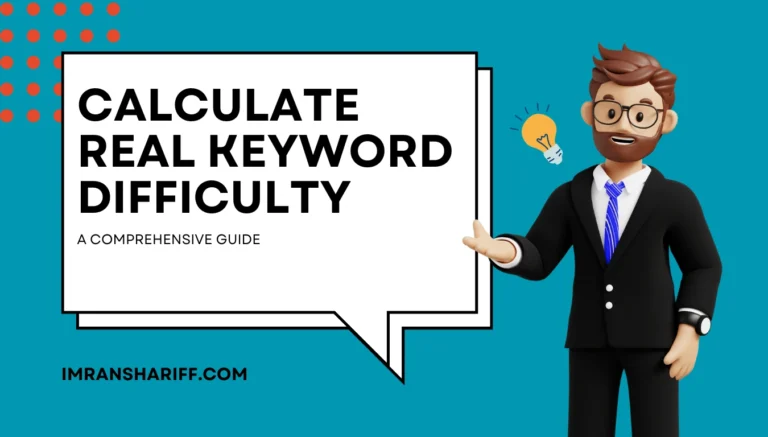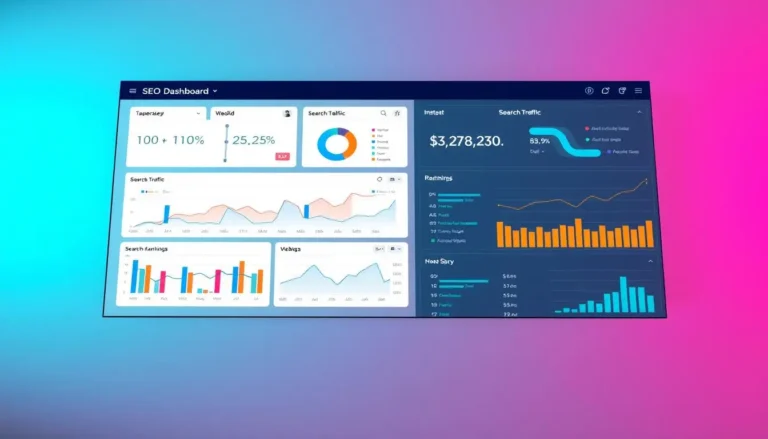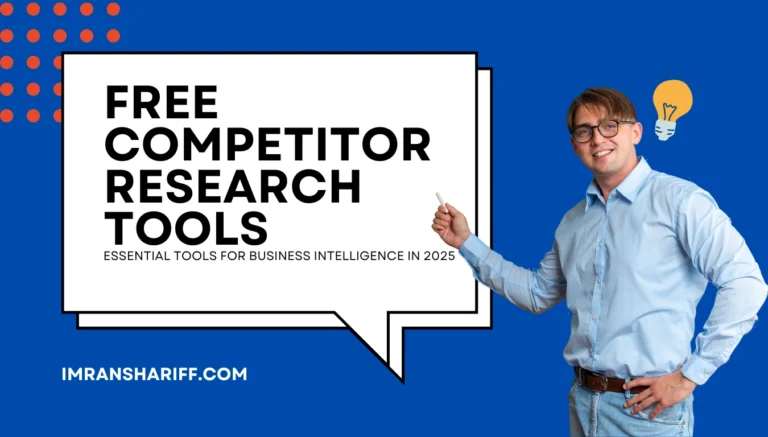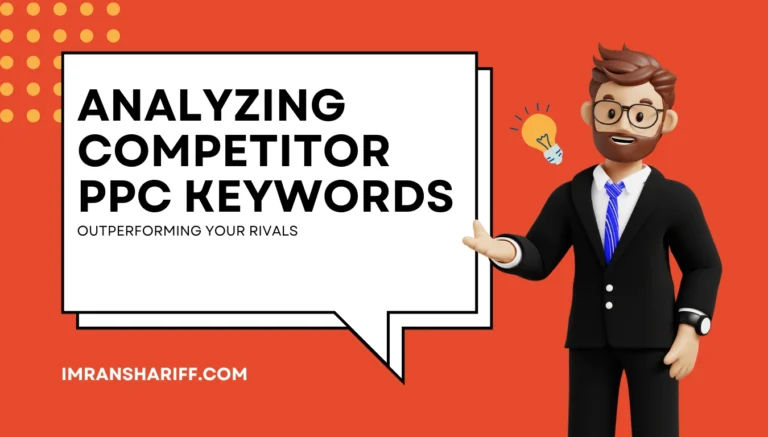Entity-Based Keyword Research Method: A Comprehensive Guide to Modern SEO
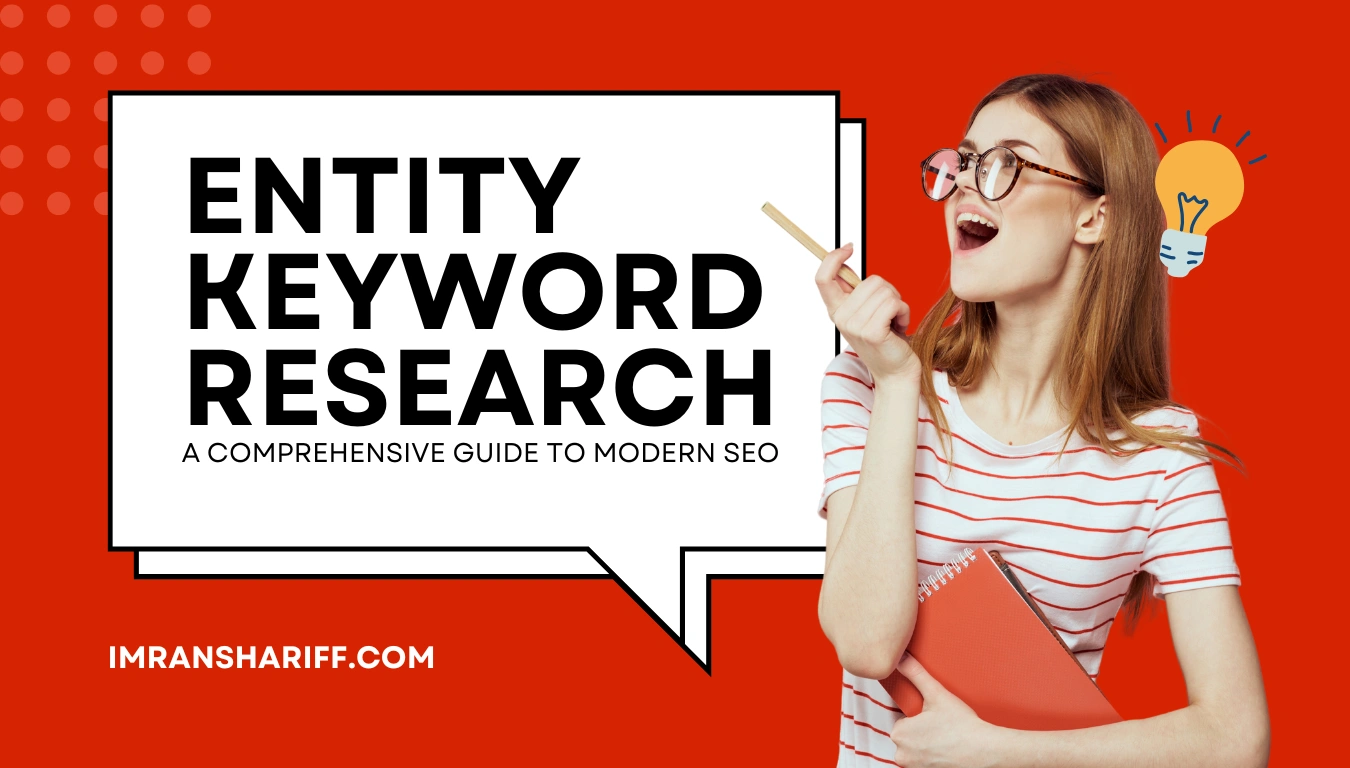
As I explore search engine optimization, I often think about a new approach. What if the secret to ranking high is understanding the complex web of entities online? This idea led me to entity keyword research, focusing on the relationships between people, places, and things in my content.
By using entity keyword research, I can better analyze search volume and create more effective strategies. This guide will dive into entity-based keyword research and its role in modern SEO. We’ll also look at the importance of semantic search optimization.

My research shows that entity-based keyword research is key in modern SEO. It helps me understand the context and meaning of search queries. By adding entity keyword research to my strategy, I can outperform competitors and boost my website’s visibility.
In the next sections, I’ll give a detailed overview of entity-based keyword research. I’ll cover the tools and techniques needed and the benefits of semantic search optimization for better SEO.
Understanding Entity-Based Search Evolution
SEO has changed a lot, moving from simple keywords to a deeper approach. This change matches how search engines like Google want to understand content better.
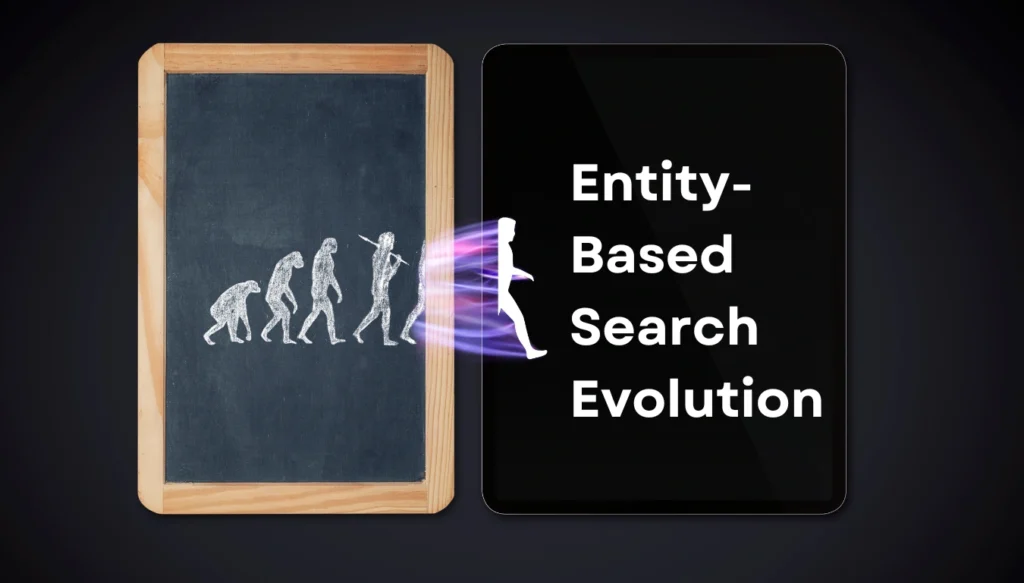
Google says entities are “a thing or concept that is singular, unique, well-defined, and distinguishable.” By focusing on entity analysis, we can make content that connects better with search engine algorithms.
What Are Search Entities?
Search entities are things like people, places, products, and organizations. They are the main ideas that search engines look for to give more accurate results. For instance, “Apple” as a company is different from “apple” the fruit, showing how context matters.
The Shift from Keywords to Entities
Old SEO tactics focused a lot on specific keywords. Now, we focus on entities and their connections. This new way helps with long-tail keyword research and understanding competitors better by looking at bigger themes and connections.
Why Traditional Keyword Research Falls Short
Search engines now focus more on what users mean, not just exact keywords. This change means old keyword research tools might not catch the detailed meanings and connections that entity-based strategies do. So, entity analysis is key for good SEO.
The Foundations of Entity Keyword Research
Entity keyword research is key in today’s SEO. It looks at how terms relate to each other, not just the terms themselves.
It’s important to understand what users really want. Search engines now focus on the meaning behind search queries. This means your content needs to match what users are looking for more closely.
- Semantic Relationships: Seeing how entities connect to add depth to your content.
- Keyword Mapping: Placing entities in your content to make it more relevant and visible.
- Search Intent: Making sure your content meets the true needs behind user queries.
Using keyword mapping in an entity framework makes your keyword strategy strong. It appeals to both search engines and your audience. This approach helps in creating content that meets your company’s goals and keeps up with search engine changes.
Essential Tools for Entity-Based Analysis
To create a strong SEO strategy, you need the right tools. These tools help optimize entities and plan keywords. They make sure your content meets user needs and search engine standards.
Natural Language Processing Tools
Natural Language Processing (NLP) tools are key for understanding your content’s context. I use the Google Cloud Natural Language Processing API to analyze my text. It helps find important people, places, and concepts for entity optimization.
Entity Recognition Software
Entity recognition software is vital for sorting and managing entities in your content. Tools like IBM Watson and SpaCy accurately identify and classify entities. This supports effective keyword analysis and keeps your content relevant and authoritative.
Semantic Analysis Platforms
Semantic analysis platforms reveal the connections between entities, giving deeper insights into search intent. SEMrush and Ahrefs help with semantic search by showing keyword opportunities and mapping entity connections. This is crucial for thorough keyword planning.
| Tool Category | Example Tools | Features |
|---|---|---|
| Natural Language Processing | Google Cloud NLP, SpaCy | Context analysis, entity extraction |
| Entity Recognition Software | IBM Watson, OpenAI Tools | Entity classification, categorization |
| Semantic Analysis Platforms | SEMrush, Ahrefs | Keyword opportunities, entity relationship mapping |
Mapping Entity Relationships in Your Niche
It’s key to know how entities link in your niche for better content. This helps in making strong SEO plans that match search intent. It also uses long-tail keywords well.
First, find your main and secondary entities. Main topics are your primary entities. Secondary entities are related ideas or subtopics. For instance, Apple Inc. is linked to Tim Cook and iPhone.
Look at what top competitors do with their entities. This shows where you can improve and fill gaps. It also helps you see the big picture of your niche’s semantic network. This is vital for meeting different search intents.
- Identify Primary Entities: Focus on main topics that matter to your audience.
- Discover Related Entities: Find subtopics and related ideas.
- Visualize Connections: Make entity relationship maps to see how entities link.
- Optimize Internal Linking: Use entity relationships to boost your internal linking.
Using entity relationship mapping helps you make detailed content. This content meets search intent and stands out in competition. It also helps you target long-tail keywords better, making your content both relevant and trusted.
| Primary Entity | Related Entities | Relationship Type |
|---|---|---|
| Apple Inc. | Tim Cook, iPhone, macOS | Leadership, Product, Operating System |
| Barack Obama | Michelle Obama, U.S. Presidents | Spouse, Political Position |
Implementing Advanced Entity Keyword Research Strategies
Improving your entity-based keyword strategy takes advanced techniques. These methods boost your keyword ranking and make sure your content matches what users are looking for.
Entity Clustering Techniques
Clustering related entities uncovers bigger themes and content chances. This method links your content with more relevant terms. It increases your keyword ranking.
Semantic Relevance Analysis
Checking how well entities relate to each other is key. It makes sure your content meets high standards in semantic keyword research. This keeps your content readable and relevant.
Competition Assessment Methods
Looking at what competitors cover shows where you can stand out. By doing deep semantic keyword analysis, you find ways to beat them in keyword ranking.
Measuring Entity Keyword Performance
It’s key to track how well your seo entity keywords are doing. By looking at keyword entity mapping, you can see which entities bring traffic and engagement to your site.
- Visibility for Specific Entities: See how often your entities show up in search results.
- Entity-Based Featured Snippets: Keep an eye on how many snippets your content gets.
- Knowledge Panel Appearances: Watch when your entities are in knowledge panels.
Using tools for nlp keyword research helps track entity keyword ranking well. Unlike old ways of tracking, entity keyword optimization gives deeper insights. It shows how your content does with specific entities.
Checking entity authority is also important. By looking at your site’s influence on certain entities over time, you get a clearer picture of your place in the industry. Also, seeing how entity optimization affects your organic search performance is key. This includes traffic, engagement, and conversions. It helps you make better decisions to boost your SEO strategy.
Integrating Entity Research with Content Strategy
Adding entity research to my content strategy makes my website more organized and trustworthy. I use entity keyword tools to plan my content in a way that search engines can understand. This helps my site rank better.
Content Structure Planning
I organize my content using keyword clustering. This method groups topics around key entities. It makes it clear to search engines what my site is about.
Topic Cluster Development
Creating topic clusters involves grouping keywords to link content pieces together. This not only makes my site easier to use but also makes me an expert on certain topics. This boosts my site’s visibility in search results.
Entity Optimization Tactics
To make my entities better, I use entity recognition and NLP entity extraction. Adding schema markup with structured data helps search engines understand my content better. This increases my chances of showing up in rich results. Also, linking my content together helps my SEO even more.
Common Entity Research Pitfalls to Avoid
When you start with entity-based SEO, it’s easy to make mistakes. One big error is trying too hard to fit specific entities into your content. This can make your writing seem fake, which search engines might not like.
- Over-Optimization: Stuffing too many keywords can mess up your content’s flow and readability.
- Ignoring Entity Relationships: Just focusing on single entities without looking at their connections can make your content less relevant.
- Misaligned SEO Strategy: If your entity strategy doesn’t match your business goals, it won’t work well.
To steer clear of these issues, aim for natural writing. Make sure your content fits well with the entities you’re targeting. Use search intent evaluation to see what your audience wants. Also, map out related keywords to cover all bases.
Many people don’t see the value in entity SEO because they don’t understand it. But, entity-based SEO is a powerful tool. It works alongside traditional keyword strategies to give you a deeper look at your content’s context. By combining both, you can boost your SEO and track keyword performance better.
| Pitfall | Solution |
|---|---|
| Over-Optimization | Use natural language and avoid keyword stuffing. |
| Ignoring Entity Relationships | Map out and incorporate related entities to build context. |
| Misaligned SEO Strategy | Align entity research with overall business objectives. |
Conclusion: Mastering Entity-Based SEO for Future Success
Embracing entity-based SEO is key to staying ahead in today’s digital world. It moves beyond old keyword methods to a more detailed approach. This change keeps up with how people search and what they look for online.
Using entities in your content boosts your SEO and matches up with Google’s RankBrain. Tools for finding entities and understanding their meaning help you know your field better. This makes your keyword research more effective.
Looking ahead, how we search will change, affecting voice search and local SEO. It’s important to use natural language and structured data. Businesses should do deep entity research, use schema markup, and create content around key entities.
To begin, find and understand the entities in your field. Use advanced SEO methods to mix keyword and entity optimization. This way, you set your brand up for long-term success and better visibility online.
Adapting to entity-centric SEO not only boosts your rankings but also makes your content more useful. It ensures your content meets your audience’s needs and intentions.


